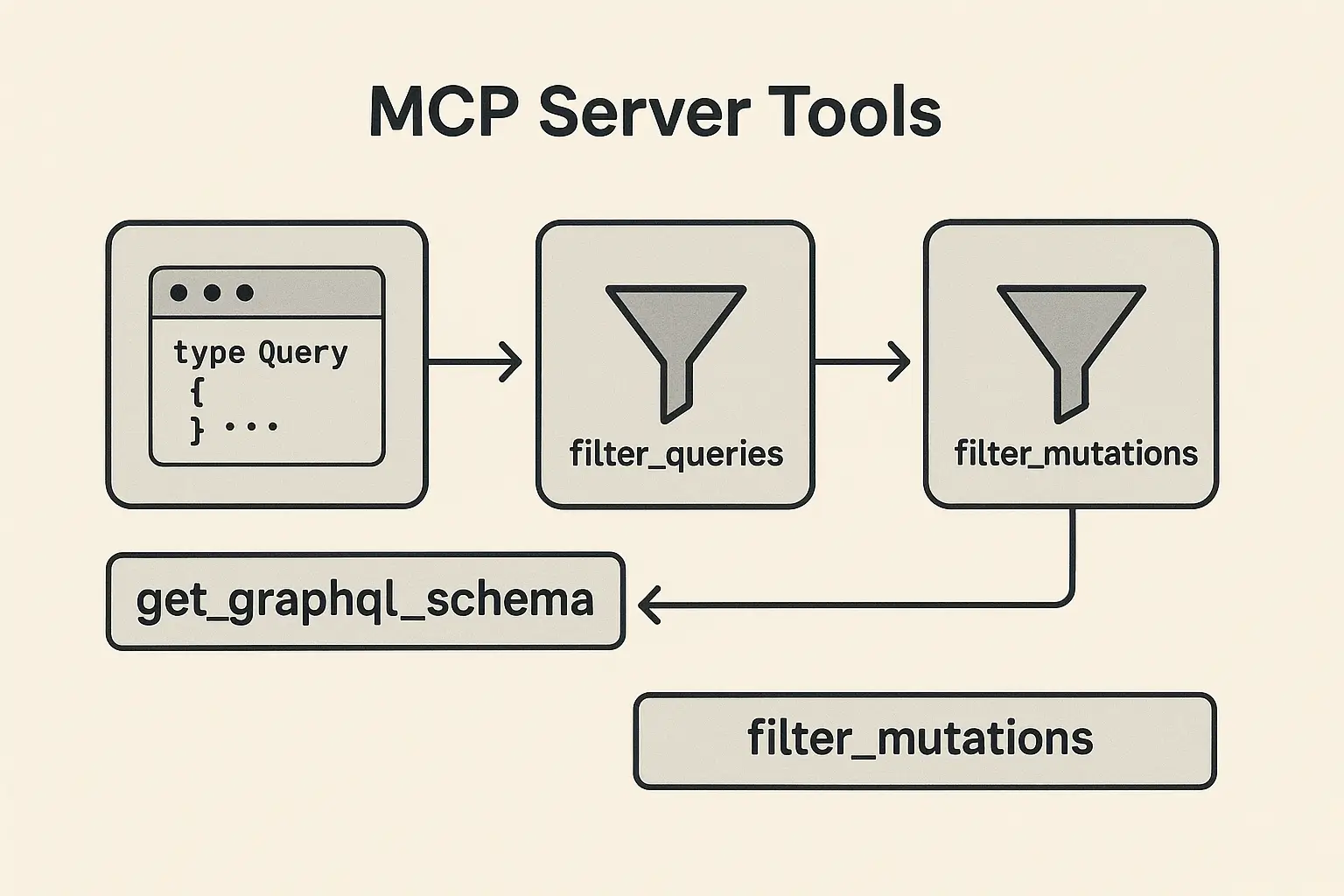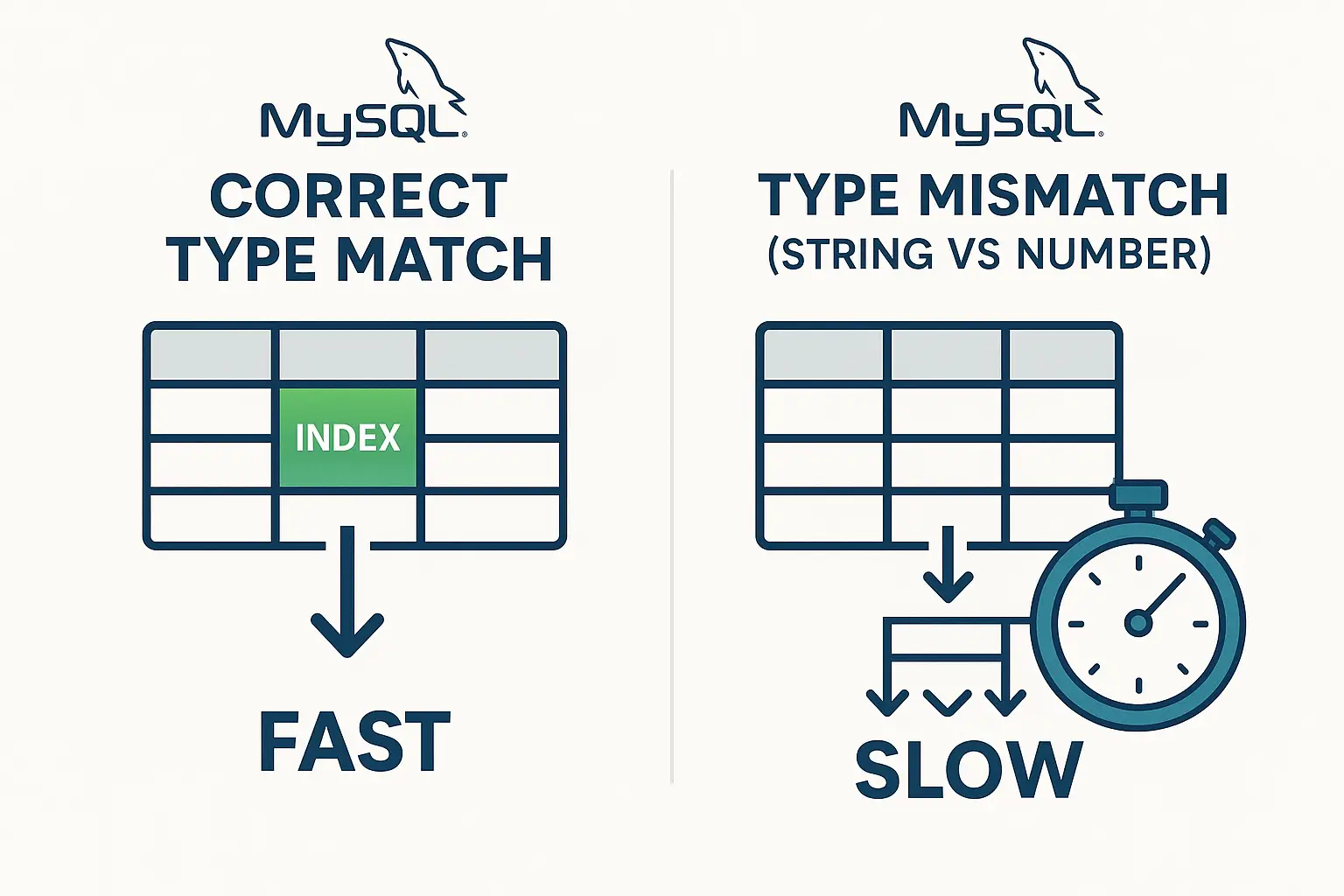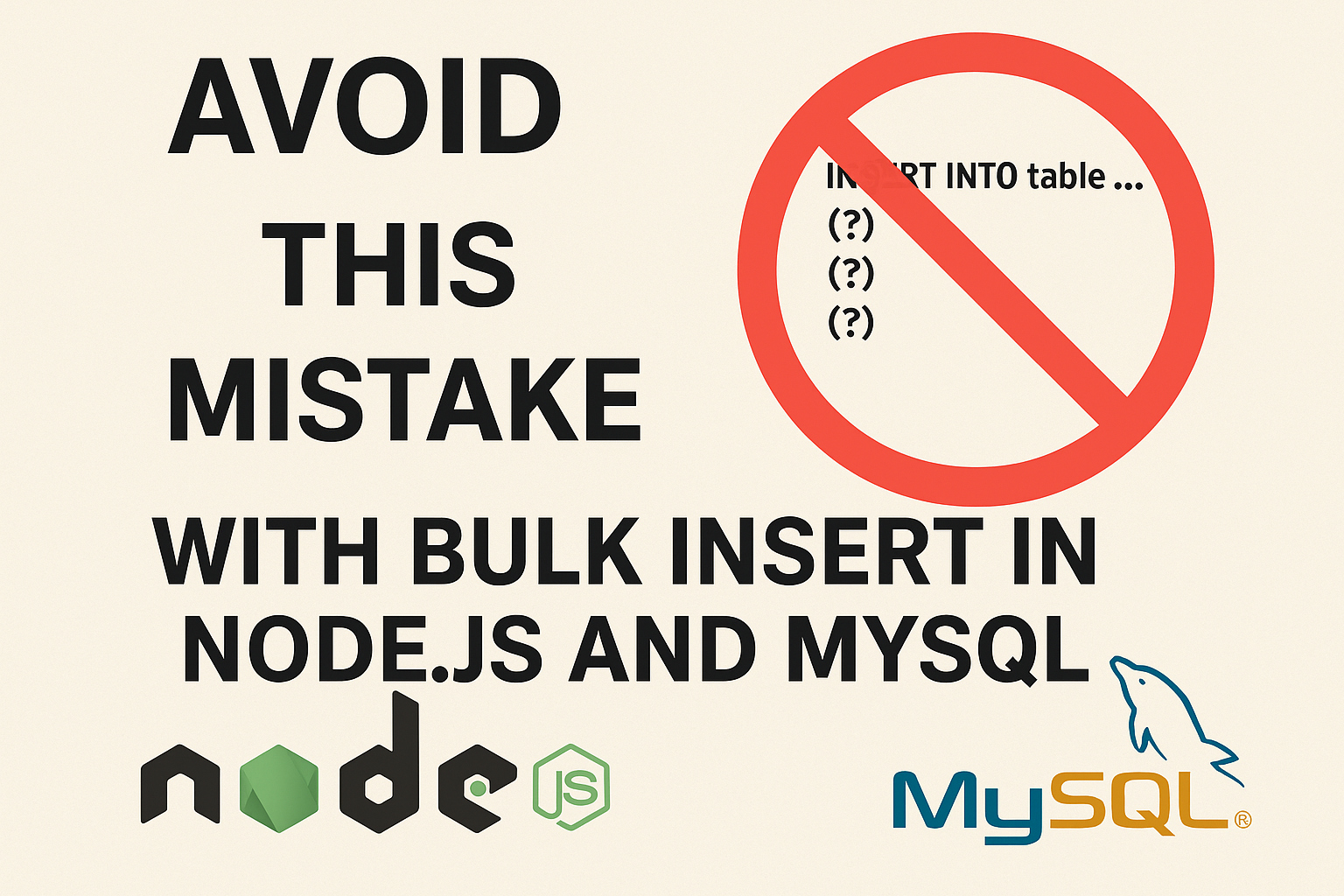[Typescript] unbound method
In TypeScript (TS), the term “unbound method” typically refers to a method that is not bound to the instance of the class from which it originates. This can cause issues when the method relies on the context (this) of the class instance.
What is an Unbound Method?
An unbound method occurs when you extract a method from an object or class instance and try to call it in a different context. Since the method is not bound to its original object, the this keyword inside the method may no longer refer to the original object, leading to unexpected behavior.
Example
Here’s an example to illustrate the concept:
class MyClass {
name = 'TypeScript';
greet() {
console.log(`Hello, ${this.name}!`);
}
}
const instance = new MyClass();
const unboundGreet = instance.greet;
unboundGreet(); // Error: Cannot read property 'name' of undefinedIn the above code:
unboundGreetis an unbound method because it was extracted from theinstanceofMyClass.- When
unboundGreetis called, it throws an error becausethisinside thegreetmethod isundefined.
Binding the Method
To fix this issue, you can bind the method to the instance:
const boundGreet = instance.greet.bind(instance);
boundGreet(); // Outputs: Hello, TypeScript!Here, bind(instance) creates a new function where this is always set to instance, thus avoiding the “unbound method” issue.
Arrow Functions as a Solution
Another way to avoid unbound methods is by using arrow functions, which capture the this value of the enclosing context:
class MyClass {
name = 'TypeScript';
greet = () => {
console.log(`Hello, ${this.name}!`);
}
}
const instance = new MyClass();
const unboundGreet = instance.greet;
unboundGreet(); // Outputs: Hello, TypeScript!In this case, since greet is an arrow function, it automatically binds this to the instance of the class, so there’s no issue when calling unboundGreet.
Summary
An unbound method in TypeScript refers to a method that has lost its context (this). This can happen when you pass a method as a callback or store it in a variable without binding it to its original object. To avoid this, you can either use bind or define the method as an arrow function to ensure it retains the correct context.





